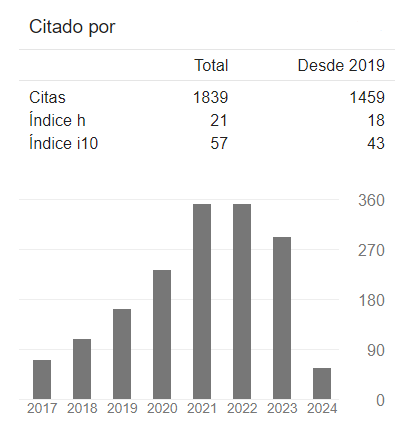National human rights institutions as promoters of a human rights culture
DOI:
https://doi.org/10.24142/raju.v14n29a8Keywords:
National Human Rights Institutions, human rights culture, human rights education, National Human Rights CommissionAbstract
The National Human Rights Institutions fundamentally fulfill two human rights functions: to protect people on the basis of recommendations, guaranteeing them redress if their rights are violated (remedial function) and to prevent future human rights violations (preventive function). On this basis, they are called upon to be the bodies that guide towards a citizen culture in favour of human rights. In order to achieve the culture of human rights, it is necessary to educate in rights through formal and informal education. In the case of Mexico, the National Human Rights Commission is the institution in charge of carrying out this task. Its flexible and dynamic position, as well as its autonomy within the Mexican State, gives it the possibility of promoting that culture. It is an institution with a different configuration from the traditional system of imparting justice, which means that it maintains a line of research focused on human rights. Culturization begins at the national or internal level and must be extended abroad as an international social movement.
Published
How to Cite
Issue
Section
License
La rivista consente all'autore (s) di mantenere i diritti di pubblicazione senza restrizioni.
Le journal permet à l'auteur (s) de conserver les droits de publication sans restrictions.
The journal allows the author (s) to retain publication rights without restrictions.
La revista le permite al autor(es) retener los derechos de publicación sin restricciones
Die Zeitschrift ermöglicht es dem / den Autor (en), Veröffentlichungsrechte ohne Einschränkungen zu behalten.
A revista permite que os autores mantenham os direitos de publicação sem restrições.











































